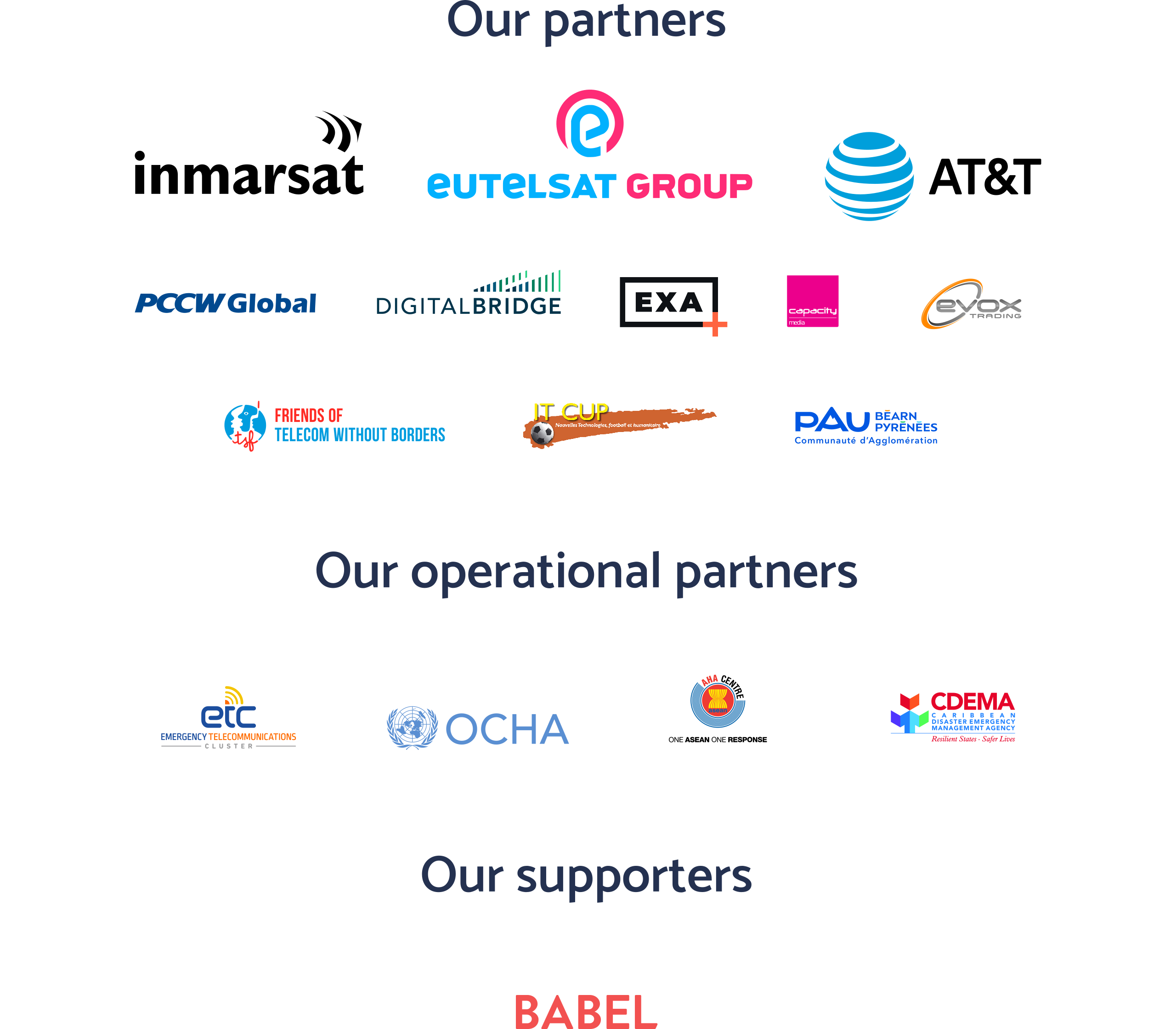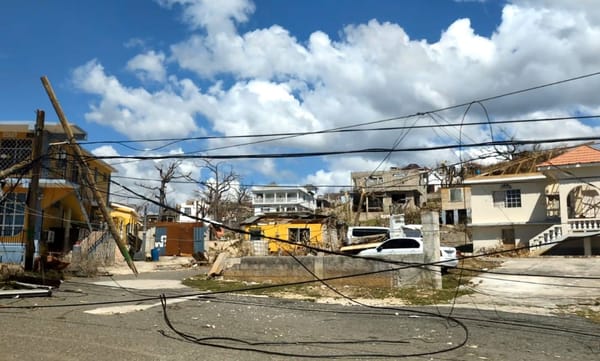Welcome to issue 72 of the Call to Comms!
Pedro De Velasco is a lawyer and Director of Education and Advocacy at Kino Border Initiative, an organization that works with migrants in Mexico. TSF talked to him to learn more about the organization, its assistance to migrants and refugees, and how they use TSF’s information diffusion project in their work.
What is Kino Border Initiative?
"We are a bi-national Catholic organization that seeks to promote humane, just, and viable migration. We do that through direct humanitarian assistance that we provide to people, comprehensive support, and education. We define education as facilitating encounters between migrants and the rest of the population because we know that it is possible to awaken people's solidarity through these encounters.
We also do advocacy in Mexico and the U.S. to push for changes in migration policies and laws in Mexico and the U.S. We also have legal assistance in Mexico, and we have a partner organization in the U.S. called “The Florence Project” that provides orientation and legal assistance on asylum in the U.S. So in this way we try to help them to find a way to get asylum in the U.S."
What kind of support do you offer for migrants and refugees in your shelters?
"We have migrant centers in Nogales, Mexico, where we offer food, shelter, medical assistance, psychological support, and resources with our social workers.
We try to cover to some extent the range of needs of the population in the context of mobility, but always from this perspective of comprehensive support, that is to say, to empower people in their political agency so that they can make informed decisions about their cases and take control of their own situations.
Every day we assist around 300-350 people who come here from different shelters for food, medical assistance, psychological support, and legal orientation, in addition to the people who are being sheltered with us, right now the maximum number we have is 100 people at any given time."
How do TSF Informative Screens support your work?
“We have always said that our objective is never to decide for anyone but to be able to give them the tools, in this case, the necessary information so that they can make informed decisions about what they want to do in their cases
In this sense, the TSF information screens have been of great help in reinforcing the information. The screens have been an extremely useful tool to help because fortunately, it is not the only source of information. But it is through constant repetition that the message can become a little clearer.
So while they are having their meals, while they are perhaps in moments of leisure, because after eating the area of our center becomes practically a playground for the children who are staying at the shelter or who come to visit and the information is there so that both they and their parents can see more information about the CBP One application, about asylum, about refuge in Mexico, about self-care. So, it is certainly very timely, very useful information and I hope that this effort continues and continues to improve."
See you next week!












Member discussion